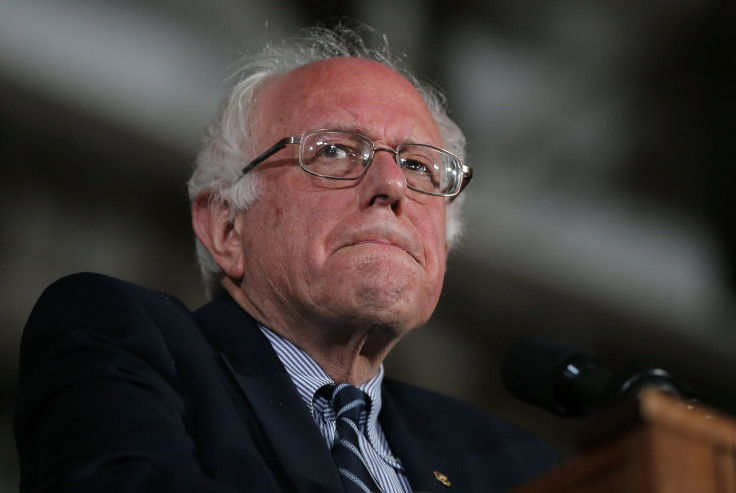How Bernie Sanders Changed Hillary Clinton: Despite Super Tuesday Loss, Did Socialist Candidate Win?

When an aging, self-declared democratic socialist with snowy white, uncombed hair stepped into the presidential contest last year, he didn’t look like a long shot for the Democratic nomination — he looked like a no-shot. But Vermont Sen. Bernie Sanders managed to build a powerful support base, largely driven by the energy of young activists.
While Hillary Clinton’s strong performance in key states on Super Tuesday again drew into question Sanders’ chances of winning the nomination, he has nevertheless emerged as a big winner this campaign season. Despite his shortcomings at the polls, his well-oiled, surprisingly well-funded grassroots campaign has already had an impact on the country and, perhaps most importantly, on his presidential rival, Clinton.
“If Bernie Sanders doesn’t win the nomination, he will have succeeded in changing the Democrats’ playbook, and their platform, perhaps,” Bret Baier, a Fox News host, said in February.
Sanders stepped into the campaign railing against what he said was a gross wealth gap in the country, the high cost of public college and a campaign finance system that has given big banks too much power. His overall message is a simple one: Money has too much sway in American politics. It’s a message that has resonated nationwide, particularly among young, optimistic first-time voters. And it was a message that Clinton — well-funded by the very banks and corporations Sanders was criticizing — decided to take up, as well.
“Wall Street can never be allowed to threaten Main Street again. No bank can be too big to fail, no executive too powerful to jail,” Clinton said in a February campaign commercial.
Sanders called her out, half-jokingly, the next day: “We’re looking into the copyright issues here. Those are our words!”
There’s no question that Clinton has championed some liberal causes during her career, including issues related to health, gender and education, but there’s also little doubt that Sanders’ campaign has pushed her a step further to the left. On the debate stage and on the campaign trail, Clinton emphasizes her disgust with the lingering water crisis in Flint, Michigan, has reached out to the Black Lives Matter movement and has vowed to fight corruption on Wall Street — all issues that analysts have noted seem straight from Sanders’ playbook.
But Sanders’ message, when adopted by Clinton’s campaign, has also brought scrutiny. She has struggled to combat a perceived inauthenticity; many voters, as well as the Sanders campaign, charge her with being part of the very system she has taken to criticizing. While Sanders’ campaign has been fueled by millions of small donations, Clinton’s has taken large donations from big banks. And while Sanders has been criticizing the role of money in politics for decades, Clinton has a shorter record to point to.
“People need to know the difference between hastily adopted campaign rhetoric and the real record and long-held ideas of the candidates,” Sanders said in a speech at a labor union hall in February.
Following Clinton’s defeat by Sanders in the New Hampshire primary in February, Washington Post reporter Callum Borchers, as well as others, noted the former secretary of state “sounded a lot like Bernie Sanders.”
“Sanders has proven any message about knocking down the wealthy is a hit, and Clinton clearly believes she can grab a piece of this one,” Borchers wrote.
© Copyright IBTimes 2025. All rights reserved.






















